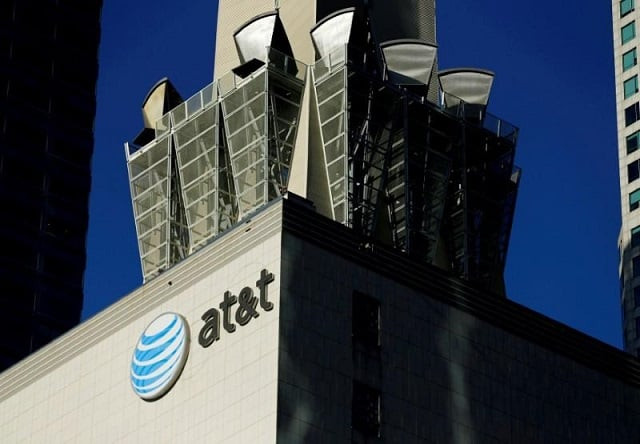AT&T says all US states will use its public safety network
The US government awarded a contract to it to build the network

An AT&T logo and communication equipment is shown on a building in downtown Los Angeles, California October 29, 2014.
PHOTO: REUTERS
In March, the US government awarded a contract to AT&T to build the network, years after a federal commission recommended setting up such a system following the 9/11 attacks.
US regulator unveils plan to end 'net neutrality'
The number 2 US wireless carrier will receive 20 megahertz of wireless airwaves and success-based payments of $6.5 billion over the next five years as part of the project known as FirstNet. AT&T expects to spend about $40 billion over 25 years to build and maintain the network.
Netflix CEO gives conditional approval of AT&T-Time Warner deal
States had until Thursday to opt out of AT&T’s network and build their own public safety networks. In addition to the states, Washington, DC, Puerto Rico and the US Virgin Islands also opted for FirstNet, AT&T said. Decisions from the three Pacific territories of American Samoa, Guam and Northern Mariana Islands are not due until March 12, 2018.
Wall Street analysts have said FirstNet is a way for AT&T to add to its portfolio of wireless airwaves, or spectrum, at a time when consumers are using more data on their cell phones. The company can use the spectrum it receives from the US government to provide more network capacity for wireless customers when it is not in use by emergency responders.



















COMMENTS
Comments are moderated and generally will be posted if they are on-topic and not abusive.
For more information, please see our Comments FAQ